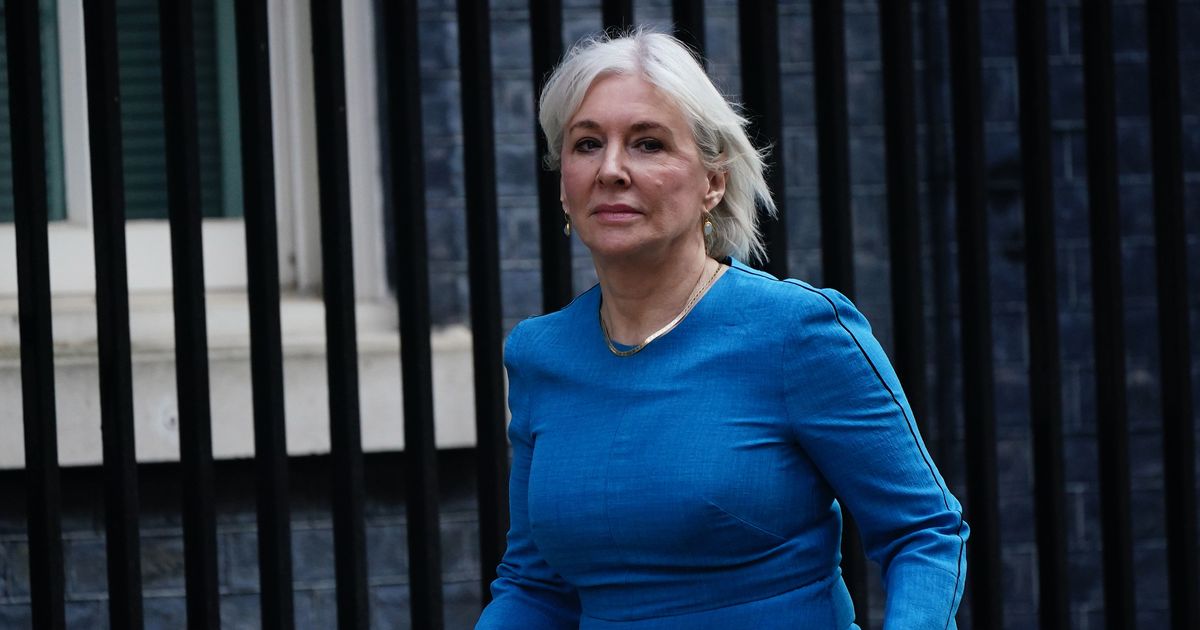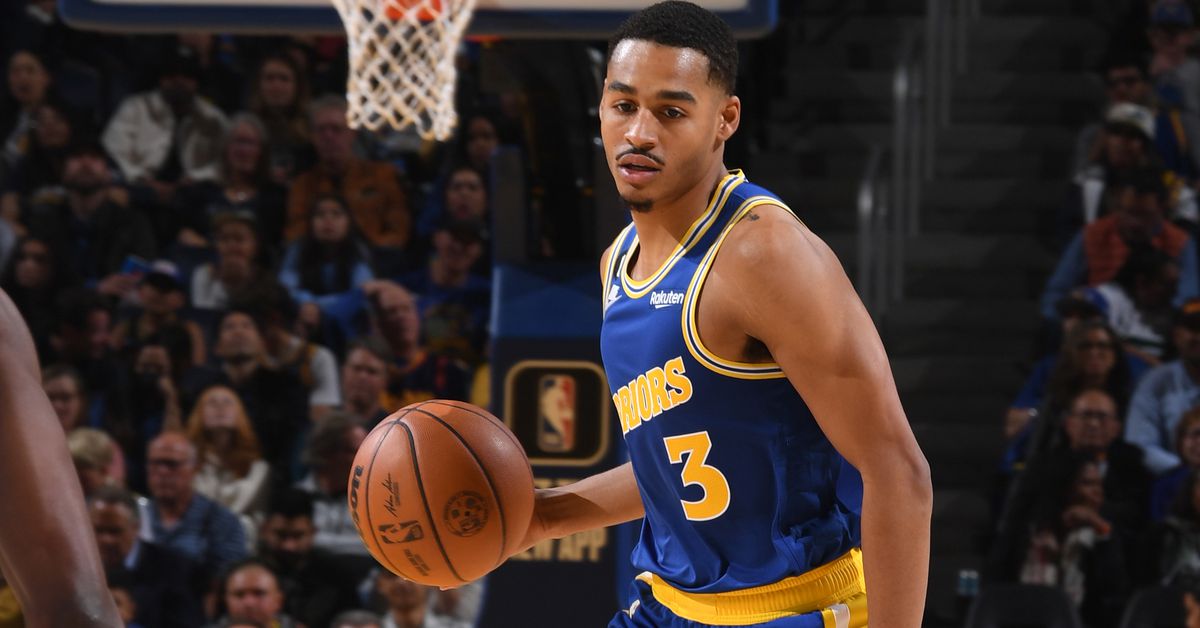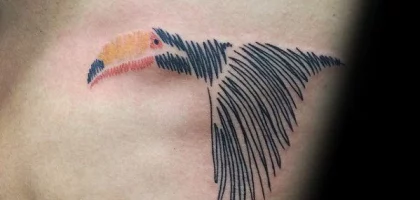Juven , an investment firm with offices in Mauritius and the United Kingdom, launched today with the goal of funding early-stage consumer and technology businesses throughout Africa.
The one-year-old company stated in a statement that it is seeking to invest sizable sums in businesses with established business strategies, solid revenue traction, and sizable potential markets.
Juven is one of the few investment groups on the continent that pursue growth deals and have recently made sizable investments in tech businesses, along with TLcom , Novastar , and Partech Africa .
Juven is an evergreen investment business, not a venture capital fund, and is a division of the Goldman Sachs Africa main team, which has made a number of high-growth investments in the digital sector since 2014.
Jules Frebault, founder of Juven, commanded this group (also known as the Special Situations Group). He joined Goldman Sachs in 2010, and from a Johannesburg office, he expanded the department’s approach to support businesses that might provide profitable returns on the continent.
The team first made various private equity and credit investments, with the most significant bets being in telecom-driven companies and towers like the IHS Towers.
Later, Goldman Sachs dabbled in tech growth-stage investing, supporting Africa’s first unicorns Jumia, Zipline, and EatNGo. Jumos second Series B , Kobo360s Series A , and Twiga Foods Series B round investments in Unicaf’s Series B round were also led by it.
According to Frebault, the Juven team was spun off from Goldman Sachs to pursue the growth-stage potential in Africa with a specific organization, budget, and mandate.
Thus, Unicaf, Jumo, Kobo360, Twiga, and EatNGo from Goldman Sachs’ growth portfolio were transferred to Juven. Along with Frebault, other former workers from Goldman Sachs departed to expand Juvens’ operations.
The business is set up with a holding company and a cash-only balance sheet for its assets. Juven redistributes the capital in this way when an investment is monetized. These techniques enable several investments to be made without the need to raise a specific fund.
According to Frebault, in terms of how it is set up, it is actually comparable to a corporation. Additionally, the capital we use is either taken from our balance sheet or is acquired through shareholder follow-on investments.
In light of this, Juven has this year made new investments in four of the companies in its current portfolio. Frebault claims the company might only make three investments year, despite its plans to add more before the current year comes to an end.
The typical ticket size will be between $10 million and $30 million, with follow-on checks of at least $50 million after that. According to the creator, Juvens primarily targets Series B and later-stage expansion rounds for tech firms, which is one of its key target industries.
Juven only makes a few investments each year, therefore the company will offer extra perks related to financial, legal, operational, and strategic support.
Because $10 million may be the ideal size for Series B rounds on the continent, we must be flexible and start there, according to Frebault. We don’t employ a venture capital strategy, and we don’t finance many businesses. We take concentrated positions before making subsequent, long-term investments in these businesses.
According to the company, Juvens focuses on business owners that use technology to address issues with access for the general public. Frebault adds that Juven may also take non-tech businesses that can address these issues into consideration.
Although the company claims it may invest in virtually anything, ventures addressing issues related to food, education, healthcare, financial services, commerce, and logistics are likely to be given priority over others.
According to the founder, we can invest in everything, but we avoid the extractive industries.
The same is true of nations, as the investment firm favors companies growing locally in developed consumer nations including Nigeria, Kenya, Egypt, South Africa, Ghana, and the Ivory Coast.
Frebault claims that the 152-year-old investment titans Asset Management section still has a worldwide mandate that covers Africa, despite focused on a much larger scale and institutional activities. The team that oversaw Goldman Sachs investments in Africa is now at Juven.
Regarding Frebault’s action, Juven’s efforts, as well as its own more general goals and future plans for the region, Goldman Sachs declined to comment.















